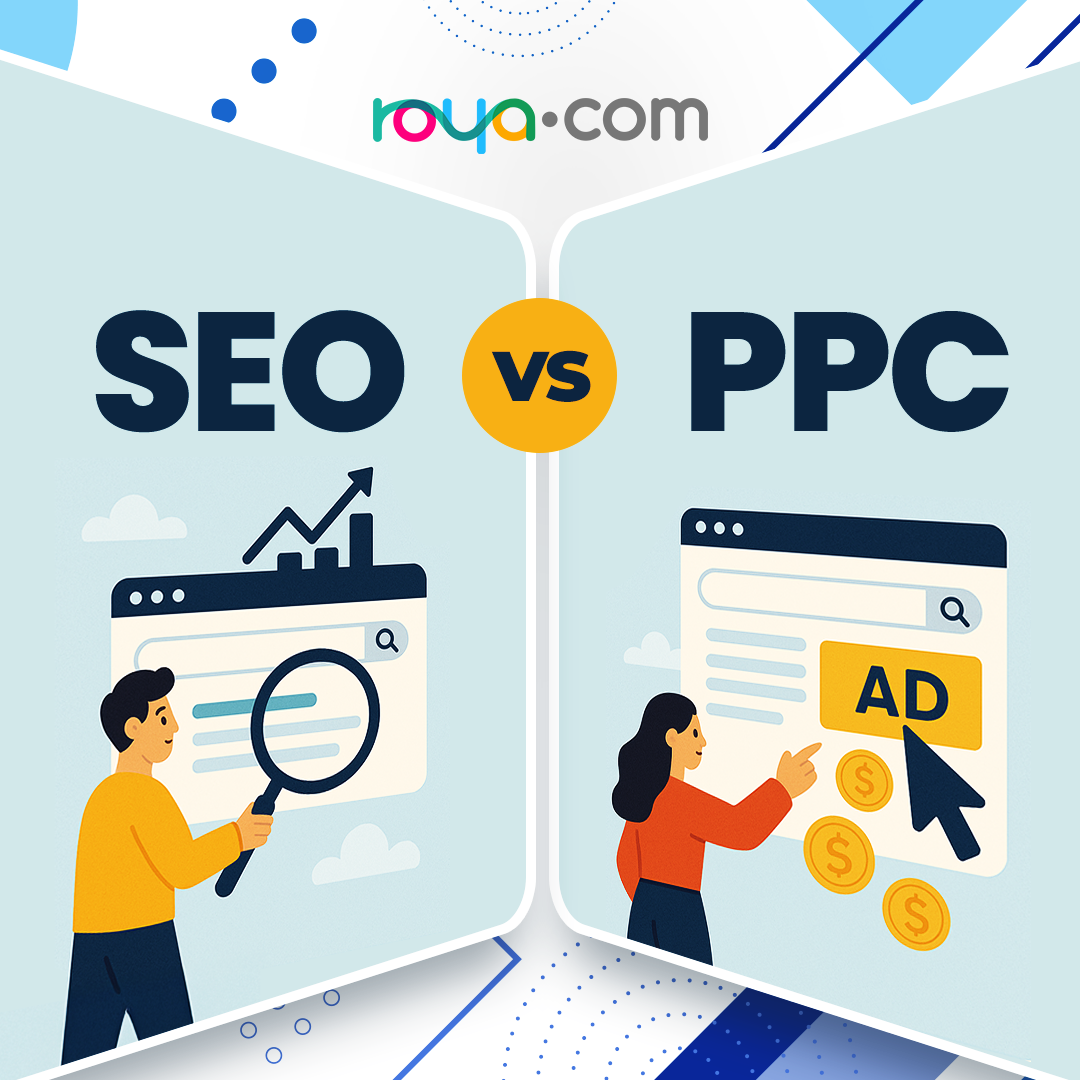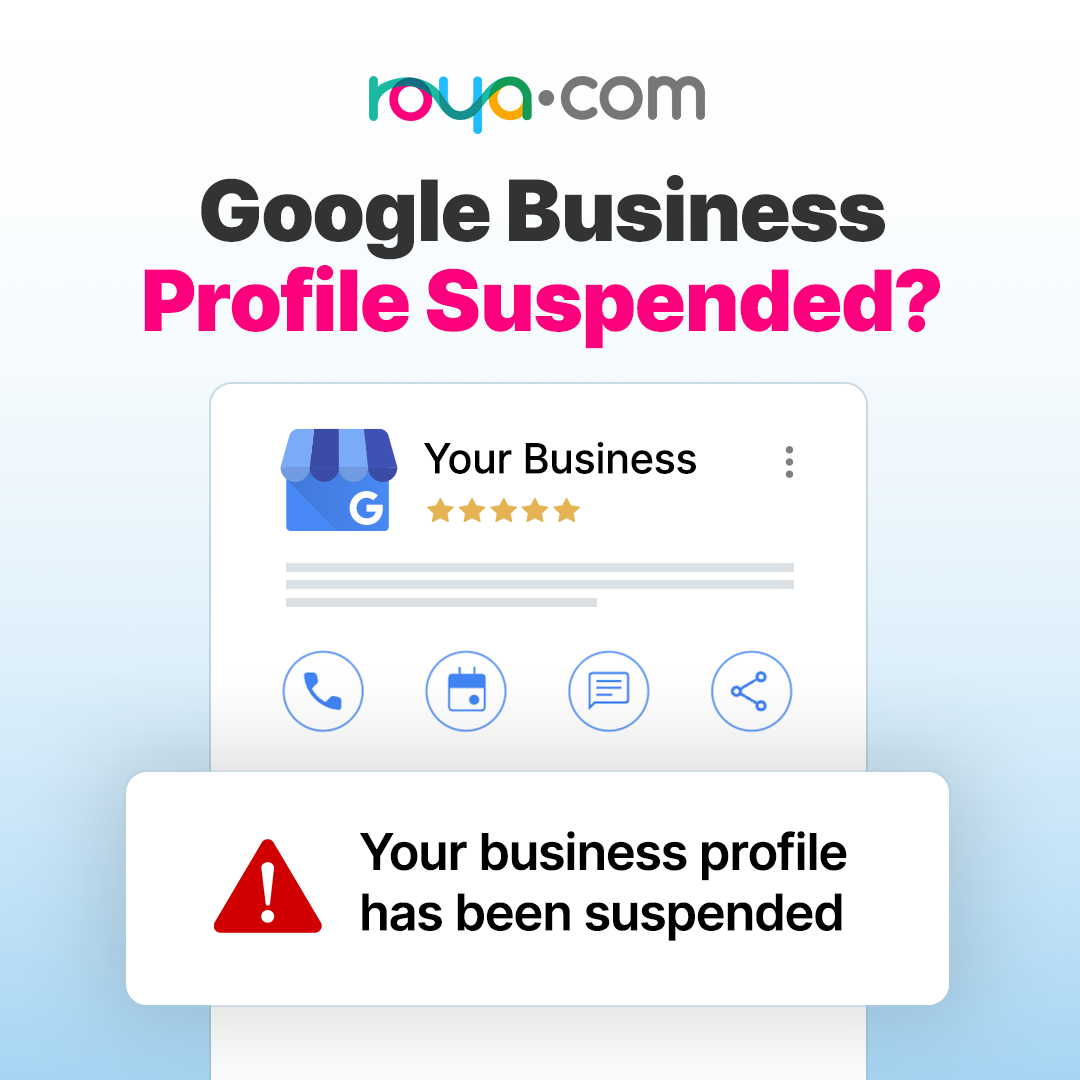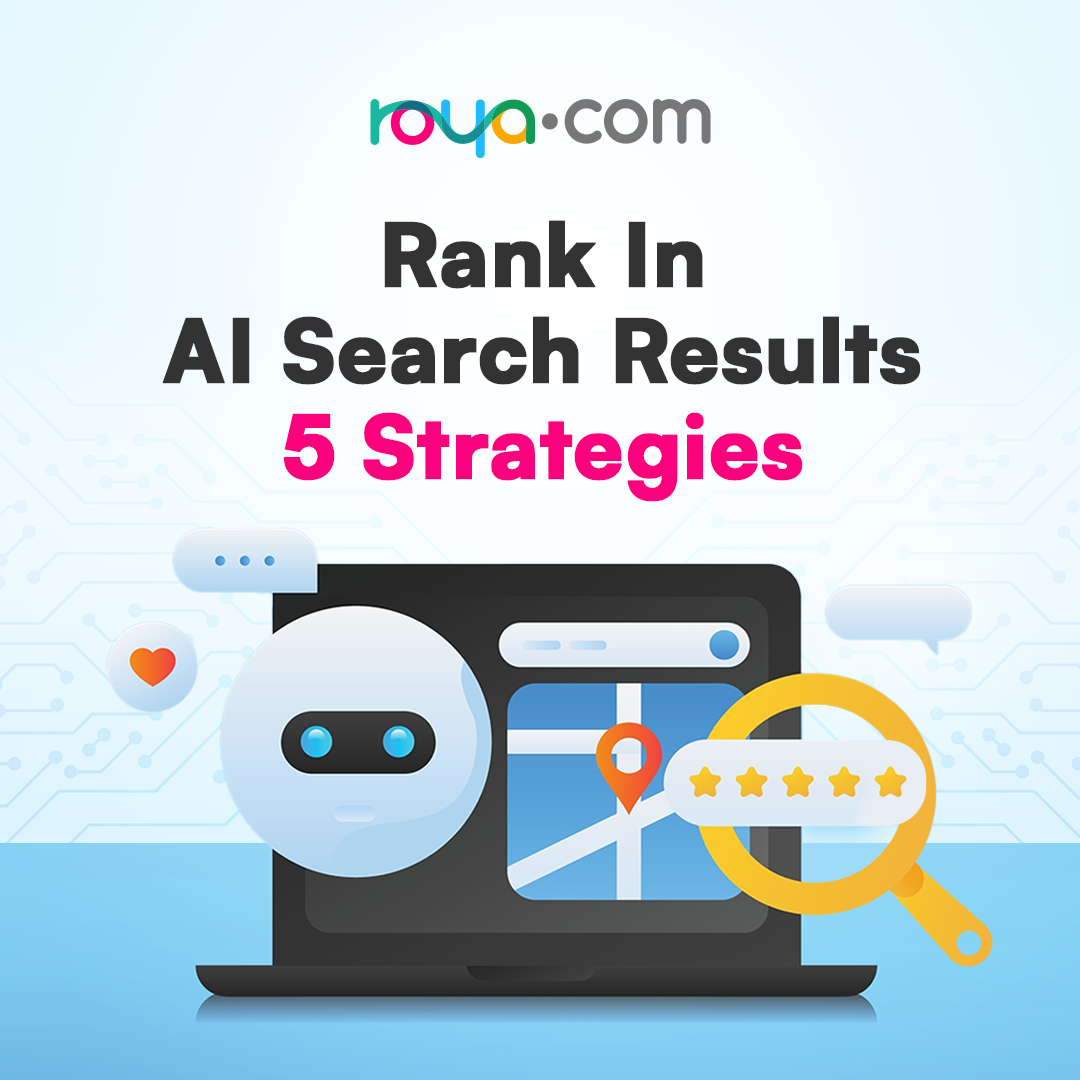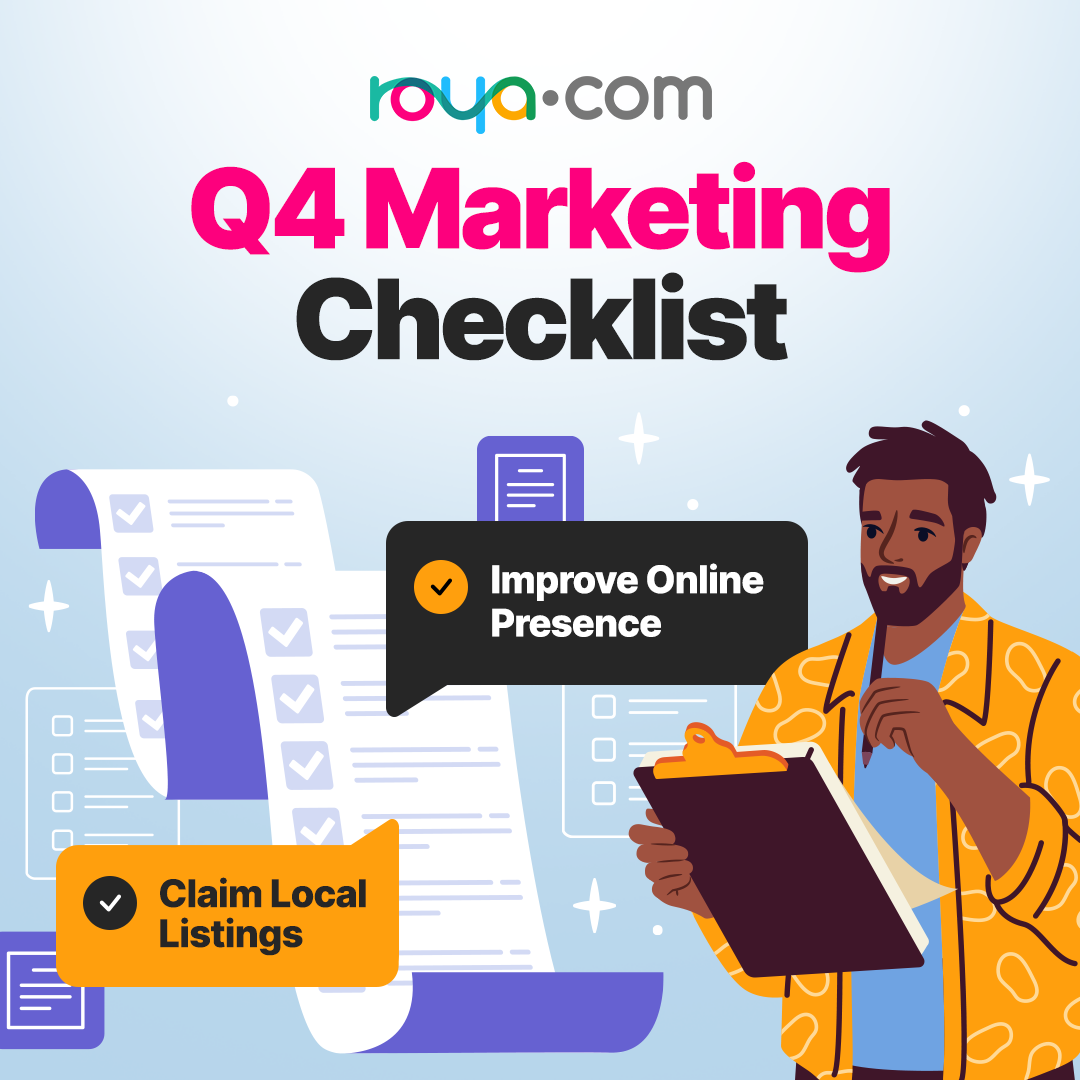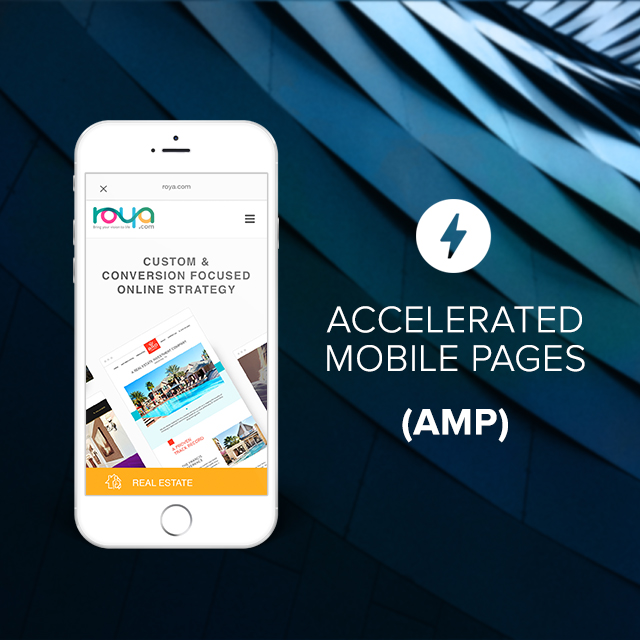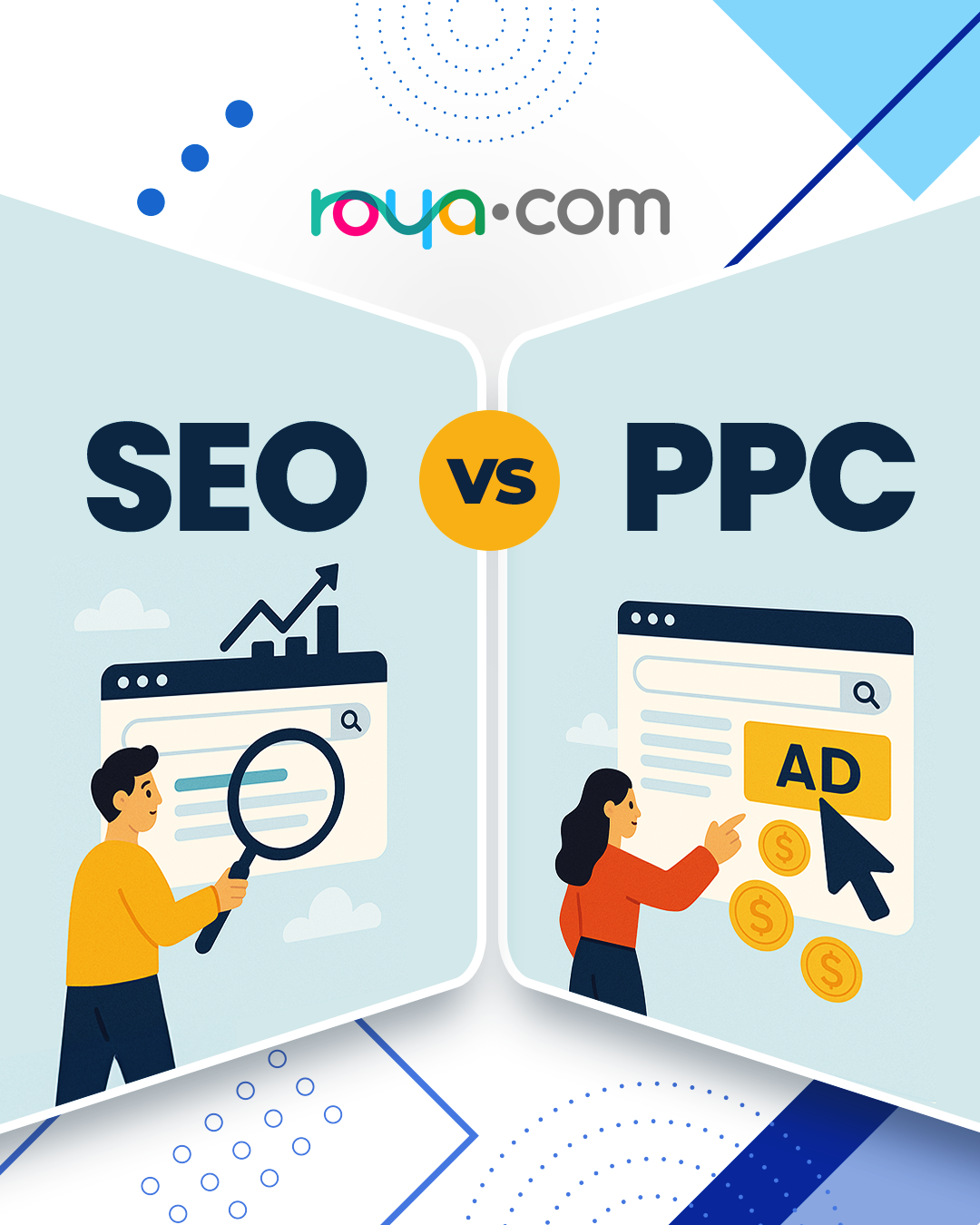
In the digital marketing arena, the age-old debate of SEO vs PPC continues to spark interest, especially as we look ahead to 2025 and 2026. With the constant evolution of online marketing, understanding the best long-term strategy for lead generation has never been more crucial. Small business owners, healthcare practice managers, and local practitioners are all asking the same question: which tactic will bring the most sustainable value in the coming years?
While Pay-Per-Click (PPC) offers immediate visibility, the data shows that for sustainable growth in 2025/2026, the question is not if you should invest in SEO, but how soon you can start building that organic foundation.
Key Takeaways
Prioritize SEO: SEO builds a permanent digital asset, offering a superior and sustainable Return on Investment (ROI) over 3+ years.
PPC is a powerful tool for short-term boosts, but it is a "rented" traffic channel that stops when the budget runs out.
Trust and Authority: Organic traffic (SEO) is consistently viewed as more credible by users than paid advertisements.
The ideal strategy is an SEO-First approach, using PPC strategically to supplement organic efforts, not replace them.
Understanding the Basics: SEO and PPC Marketing
Navigating the digital marketing landscape requires a solid grasp of both SEO and PPC. Each plays a unique role in driving traffic and converting leads.
Basics of SEO: Building Organic Traffic
Search Engine Optimization (SEO) is your ticket to enhancing your website's visibility in search engines like Google. By optimizing your site, you improve its chances of appearing in organic search results, leading to a consistent flow of traffic. The beauty of SEO lies in its sustainability - unlike paid ads, organic traffic doesn't stop when you run out of disposable budget. This makes SEO the essential cornerstone for businesses aiming for long-term lead generation and market dominance online.
To succeed, you need to focus on in-depth keyword research and high-quality, authoritative content. In return for the time and patience required, you'll enjoy benefits like increased brand authority and a steady, high-quality stream of leads.
Basics of PPC: A Tool for Immediate Visibility
If you're looking for instant gratification or need quick visibility for a short-term campaign, Pay-Per-Click (PPC) advertising is the answer. PPC allows you to display ads on search engines and only pay a fee each time someone clicks on your ad.
PPC campaigns offer flexibility and immediate, measurable data, allowing you to target specific audiences. However, keep in mind that PPC demands ongoing, monthly financial investment. Once you stop paying, the traffic stops flowing.
Advantages of SEO As a Long-Term Strategy
When you look beyond the immediate quarter and plan for sustained business growth in 2025 and 2026, Search Engine Optimization (SEO) emerges as the more fundamentally important strategy. While PPC offers quick wins, SEO builds a lasting, resilient foundation for your digital presence, ultimately offering a better return on investment over the long haul.
The Power of Perpetual Traffic
The most significant advantage of SEO as a long-term strategy is the principle of perpetual traffic.
PPC Stops When You Stop Paying: As soon as you pause a PPC campaign, the traffic and leads from that channel immediately cease. It’s an on/off switch.
SEO is an Asset: Every investment in content, technical optimization, and link building becomes a permanent, compounding digital asset. Once you achieve high organic rankings, your website continues to draw free, qualified traffic 24/7, long after your initial investment is made. This creates a superior, sustainable lead generation engine.
Building Trust and Authority
For small businesses and local practitioners, building trust is paramount. Organic search results inherently carry more weight and credibility than paid advertisements.
Higher User Trust: Users often skip over ads, but a top organic result is perceived as a validation of quality and authority by Google. This trust leads to a better click-through rate and, crucially, higher conversion rates.
Brand Equity: Consistently ranking for important keywords establishes your business as a recognized expert and industry leader. This increased brand equity is an intangible, but invaluable, long-term benefit that PPC cannot replicate.
Superior Long-Term Cost-Effectiveness
While SEO requires an initial investment in time, expertise, and content creation, the long-term cost profile is drastically lower than PPC. For the financial health and stability of your business over 2025 and 2026, ownership is the superior strategy.

The SEO-First Approach: Building Your Foundation with Website Design
To ensure your SEO efforts are successful and cost-effective, the strategy must begin at your website's core. Choosing a design partner who integrates SEO from Day One drastically reduces the time and cost required for an SEO campaign later.
Technical Excellence: Your website needs key technical SEO elements, like fast page speed, mobile-first indexing, and clean, crawlable code, built into the foundation of your website. This provides your SEO campaign with a head start.
Cost Reduction: By having a technically perfect site from the start, you avoid costly and time-consuming technical audits and fixes that are common with non-optimized templates.
Unified Strategy: Website development and SEO work together to bake organic growth into your site’s architecture, not just bolt it on as an afterthought. This is the only way to guarantee a truly robust long-term marketing strategy.
Benefits of PPC for Immediate Results (Using It to Support SEO)
When immediate results are your priority, PPC can be an invaluable tool. However, it is best utilized in a supporting role to your primary SEO strategy.
Pros of PPC: Instant Visibility and Testing
The primary advantage of PPC is its ability to deliver instant visibility and traffic. You can launch a campaign within hours and start seeing results almost immediately.
Keyword Testing: PPC allows you to test the conversion rates of new, high-value keywords before investing the time to rank organically for them. This data can then be leveraged to refine your SEO content strategy.
Targeted Promotions: It is ideal for seasonal promotions, time-sensitive offers, or launching a new product where rapid reach is essential.
Cons of PPC: The Costs and Challenges
While PPC offers immediate benefits, it requires a continuous, high budget, especially in competitive markets where bid prices can be high.
Continuous Investment: You must continually pay to maintain traffic. Poorly managed campaigns can lead to wasted budgets and low ROI.
Ad Fatigue: Repeated exposure can lead to diminishing returns, forcing continuous, time-consuming updates to ad copy and targeting.
Balancing Search Engine Optimization and PPC Advertising for Maximum Performance
A comprehensive strategy leverages the unique strengths of both SEO and PPC. While SEO lays the groundwork for organic success, PPC fills in the gaps with instant results and provides valuable testing data.
Integrating Efforts for Cohesive Growth
Use PPC Data for SEO: Use conversion data and high-performing ad copy from your PPC campaigns to inform and optimize your organic content and meta descriptions.
Remarketing: Target users who landed on your site organically (SEO) but didn't convert with paid remarketing campaigns (PPC) to maximize conversions.
Unified Analytics: Use integrated analytics tools to track and measure the combined marketing efforts, ensuring both teams are working toward the same lead generation goals.
Cost Effectiveness: Weighing the Financial Key Differences
Considering the financial aspects of SEO and PPC is crucial. While both require investment, their long-term cost profiles are radically different.
Analyzing the Cost of SEO efforts
SEO primarily requires time and expertise, which translates to a lower cost over time. Investment in quality content and technical optimizations leads to long-term savings and continued organic traffic. Once achieved, maintaining high organic rankings is often less costly than running a continuous PPC campaign.
Understanding the Cost of PPC Ads
PPC involves direct financial costs for each click. Bid prices fluctuate constantly, meaning your traffic costs can increase over time even if your competition stays the same. While PPC can yield high returns, it's essential to plan your budget carefully to avoid overspending and to ensure the high cost is justified by the immediate return.
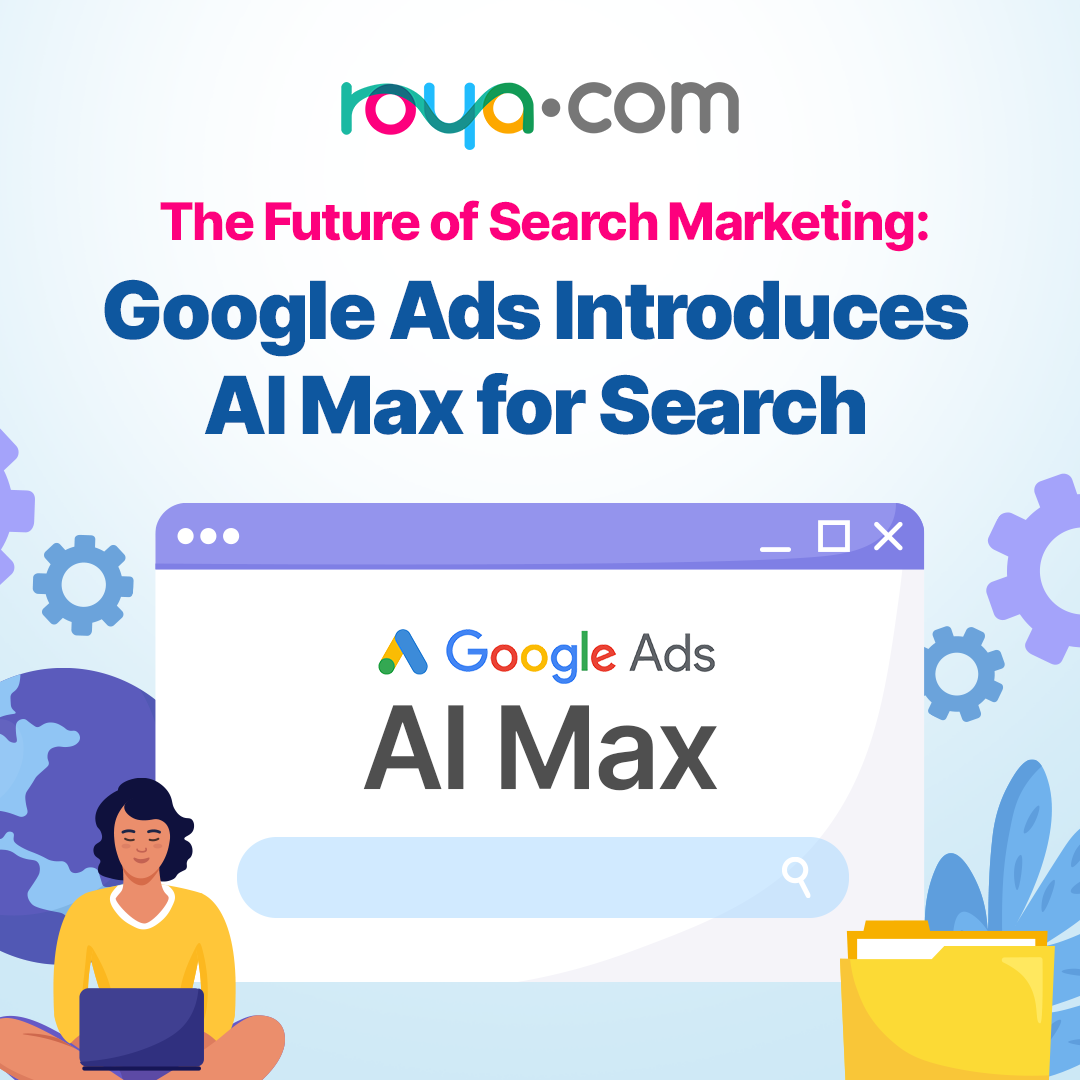
Future Trends: The Evolving Landscape in 2025 & 2026
As we look to the future, emerging trends will only cement SEO's role as the foundation of digital marketing.
Emerging Trends in Search Engine Marketing
AI and Search: Artificial intelligence and machine learning will play larger roles in search engine algorithms, increasing the importance of unique Experience, Expertise, Authoritativeness, and Trustworthiness (E-E-A-T). Generic content will not rank.
User Experience: Core Web Vitals and overall user experience will continue to be critical factors, rewarding sites that are fast, stable, and mobile-friendly (which is why SEO-optimized website design is essential).
New Directions in PPC Google Ads
Automation: Automation and smart bidding will streamline campaign management, but effective PPC managers will be needed to guide the AI and ensure the budget is not wasted.
Privacy Regulations: Increased privacy regulations will impact data collection and targeting capabilities, making it harder to reach cold audiences and increasing the value of organic, intent-driven traffic.
By preparing for these changes with an SEO-first mindset, your business can build an agile and adaptable marketing plan for years to come.
Conclusion: Which Business Strategy is Right for You?
The choice between SEO and PPC for lead generation in 2025 and 2026 ultimately depends on your goals, but for sustainable, cost-effective, long-term growth, SEO is the undeniable priority.
If you need results today and have a flexible budget, use PPC.
If you want to build a trusted brand, reduce future marketing costs, and secure a consistent pipeline of high-quality leads, invest in SEO first.
By building your website with SEO in mind and strategically using PPC for temporary boosts, you position your business for success and resilience in the competitive digital landscape.
Frequently Asked Questions
Which is better, SEO or PPC?
Choosing depends on your timeline. For sustainable, long-term lead generation and the lowest cost per acquisition, SEO is superior. PPC is better for immediate visibility and short-term promotions. For the best result, build an SEO foundation and use PPC strategically to support it.
Is PPC a form of SEO?
No. PPC involves paid advertising (rented space), while SEO focuses on optimizing your website for organic rankings (owned space). They are distinct but highly complementary strategies.
What is the 80/20 rule for SEO?
The 80/20 rule suggests that 80% of your organic traffic and value comes from 20% of your SEO efforts. This means prioritizing high-impact activities like technical optimization, quality content creation, and high-value keyword targeting.

